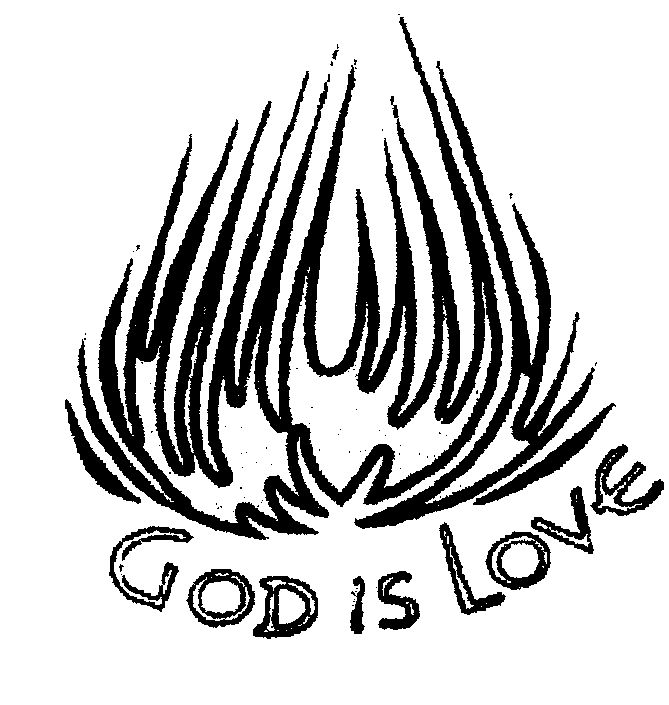Minister's Letter
Why Harvest?

It’s that time of year again when we celebrate the harvest. A season of colour, abundance, and thanksgiving. But what does it really mean for us today? After all, most of us are not farmers. We haven’t sown seeds, waited for rain, or depended on the success of crops to feed our families. With supermarkets around every corner, why do we still mark Harvest in the life of the Church?
It’s a fair question, and one I myself wrestled with as a younger Christian. Harvest celebrations seemed outdated, a relic of a bygone age. Yet as I’ve grown, I’ve come to see that far from being irrelevant, Harvest draws our attention to truths that are timeless, deeply biblical, and urgently needed today.
The Bible shows us that Harvest is not just about food—it is about thanksgiving, justice, and God’s greater work among us.
1. Thanksgiving to God
Moses reminded Israel:
“When you have eaten and are satisfied, praise the Lord your God for the good land he has given you. Be careful that you do not forget the Lord your God.”
(Deuteronomy 8:10–11, NIV)
Even though food is more accessible for us today, that does not make it any less a gift. Every loaf, every piece of fruit, every meal is a reminder of God’s provision. Harvest calls us to pause, to notice our daily bread, and to give thanks. Too often, we forget. We take for granted the fact that we are rarely hungry, that our tables are full. But Harvest invites us to stop and say with the Psalmist:
“The eyes of all look to you, and you give them their food at the proper time.”
(Psalm 145:15, NIV)
Gratitude reorients us. It lifts our eyes from the ordinary to the extraordinary goodness of God.
2. Justice and Generosity
Harvest in Scripture was never just for the privileged few—it was for everyone. God commanded His people:
“Celebrate with your sons and daughters, your male and female servants, the Levites, the foreigners, the fatherless and the widows who live in your towns.
(Deuteronomy 16:14, NIV)
In other words, God’s blessings are not meant to be hoarded, but shared. Harvest was a time when no one was left out—especially the poor, the stranger, and the vulnerable. This principle runs through all of Scripture. David sang:
“You anoint my head with oil; my cup overflows.”
(Psalm 23:5, NIV)
If our cup overflows, it is so that others may drink from it. That’s why we bring food offerings to Harvest services, supporting food banks and charities. It is not charity—it is obedience. It is being a conduit of God’s blessing to others.
3. A Sign of God’s Greater Work
Jesus Himself often spoke of harvest. He called Himself the “true vine” (John 15:1). He spoke of seeds falling on good soil (Mark 4:20). He warned of a day when wheat and weeds would be separated (Matthew 13:30).
As we enter this season the verse that keeps coming back to me is, “The harvest is plentiful, but the labourers are few” (Matthew 9:37 ESV). We keep hearing of this quiet revival. Of younger people being far more likely to come to faith than older generations. Of churches beginning to see growth and scriptural truth becoming more pronounced within the public arena. This year especially I feel the Lord calling us to see the new thing He is doing. It is not like when I was at school and the new atheist movement had dominated. Now, the harvest is plentiful. Are we aware of what that means? Are we willing to labour to praise God openly, share His blessings with all, and reflect on our place in His plan.
In Conclusion harvest is not an outdated custom. It is a reminder that:
• Every good thing comes from God and deserves thanksgiving.
• Every blessing is given to be shared, especially with the vulnerable.
• Every harvest points to God’s greater work—His kingdom breaking into the world.
So as we celebrate this Harvest, let us give thanks with grateful hearts, open our hands to others, and open our eyes to the work God is doing. For indeed, “The harvest is plentiful.”
Yours in Christ,
Rev Blayze

